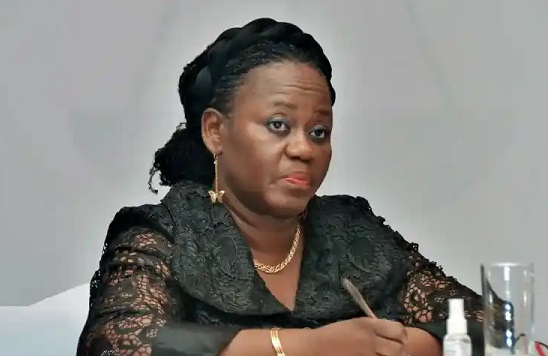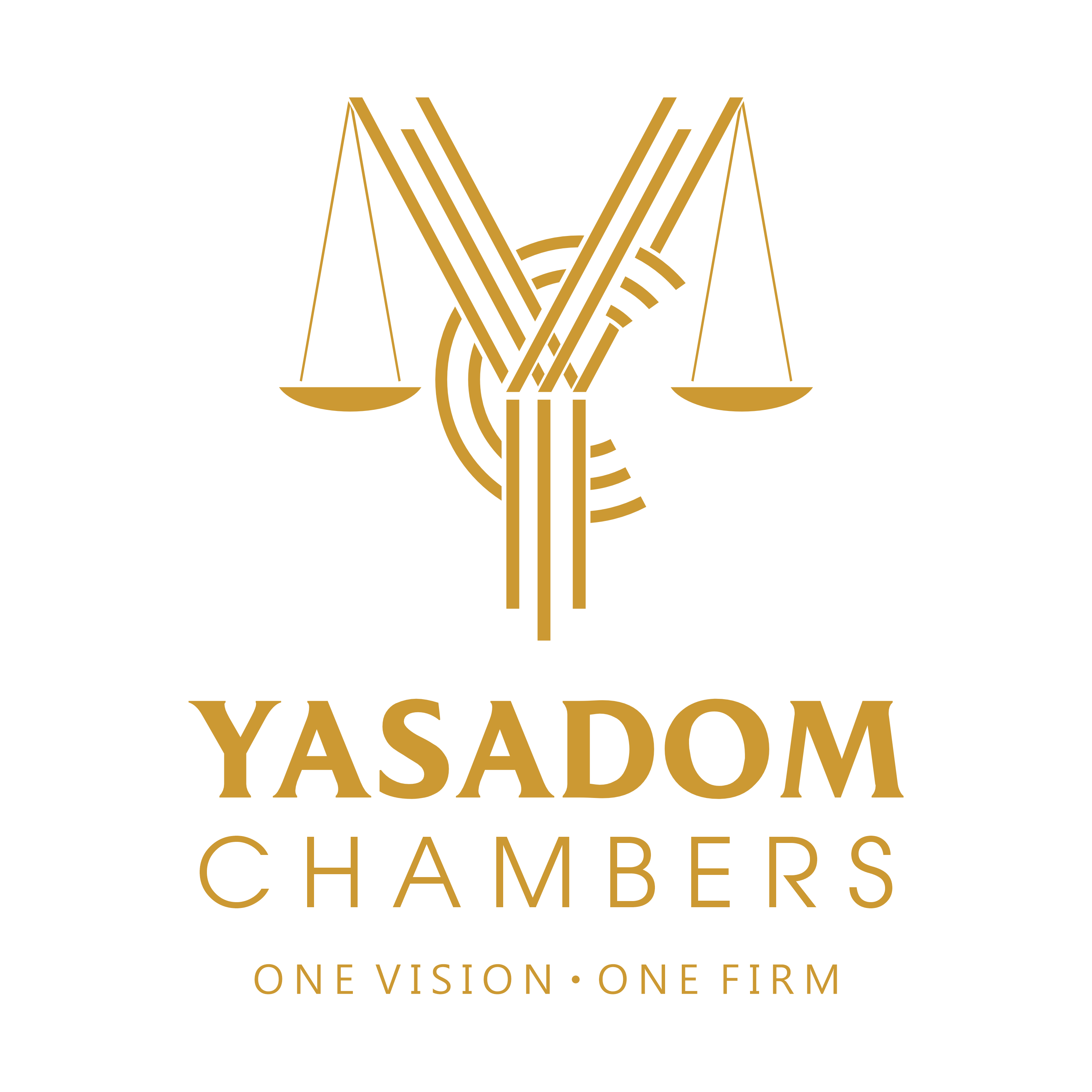
A former Director of the Ghana School of Law, Kwaku Ansah Asare has expressed disagreement with suspended Chief Justice Gertrude Torkornoo’s decision to go to the ECOWAS Community Court of Justice on grounds of a human rights abuse she was alleging.
According to Ansah Asare, the move by Justice Torkornoo risks undermining Ghana’s constitutional process.
“This is a constitutional process — the office is not personal property,” Mr Ansa Asare said in a television interview with on Tuesday [July 8].
“She must respect Article 146. I don’t see any clear violation of human rights that would warrant regional intervention.”
Article 146 sets out the procedure for the removal of Justices of the Superior Courts of Judicature, including the Chief Justice, as well as Chairpersons and members of independent constitutional bodies who have the same security of tenure, he said.
Mr Ansah Asare’s comment followed Deputy Attorney General Dr Justice Srem-Sai’s statement that Justice Torkornoo had filed a fresh application on July 4 at the ECOWAS Court in Abuja, Nigeria, alleging that her human rights were violated when President John Dramani Mahama suspended her and triggered removal proceedings under Article 146 of the 1992 Constitution.
Justice Torkornoo, had earlier challenged her suspension at the Supreme Court and High Court with separate applications, insisting the process lacks due process safeguards.
But Mr Ansah Asare questioned whether the Chief Justice had exhausted all local remedies — a principle that, he argued, should guide whether the ECOWAS Court accepts the case.
“The primary question is: has she exhausted all the internal mechanisms here in Ghana? “How does she expect the ECOWAS Court to intervene when she herself is undermining the very constitutional safeguards she is supposed to uphold?”
“The President has acted according to the Constitution,” he said. “If you bypass the internal processes and keep going to regional courts, you make the constitutional pathway impracticable.”
The Attorney General’s office has also moved to strike out Justice Torkornoo’s judicial review application at the High Court, arguing in its affidavit that the filing contains a “grave misstatement of capacity” and leaves out “mandatory and essential parties.”
On his part, Professor Kojo Appiagyei-Atuah, an Associate Professor at the School of Law of the University of Ghana has pointed out that the ECOWAS Court is one of the few regional courts that does not always require individuals to exhaust domestic avenues before filing human rights cases — an approach that could strengthen the Chief Justice’s argument.
Source: graphic.com.gh
